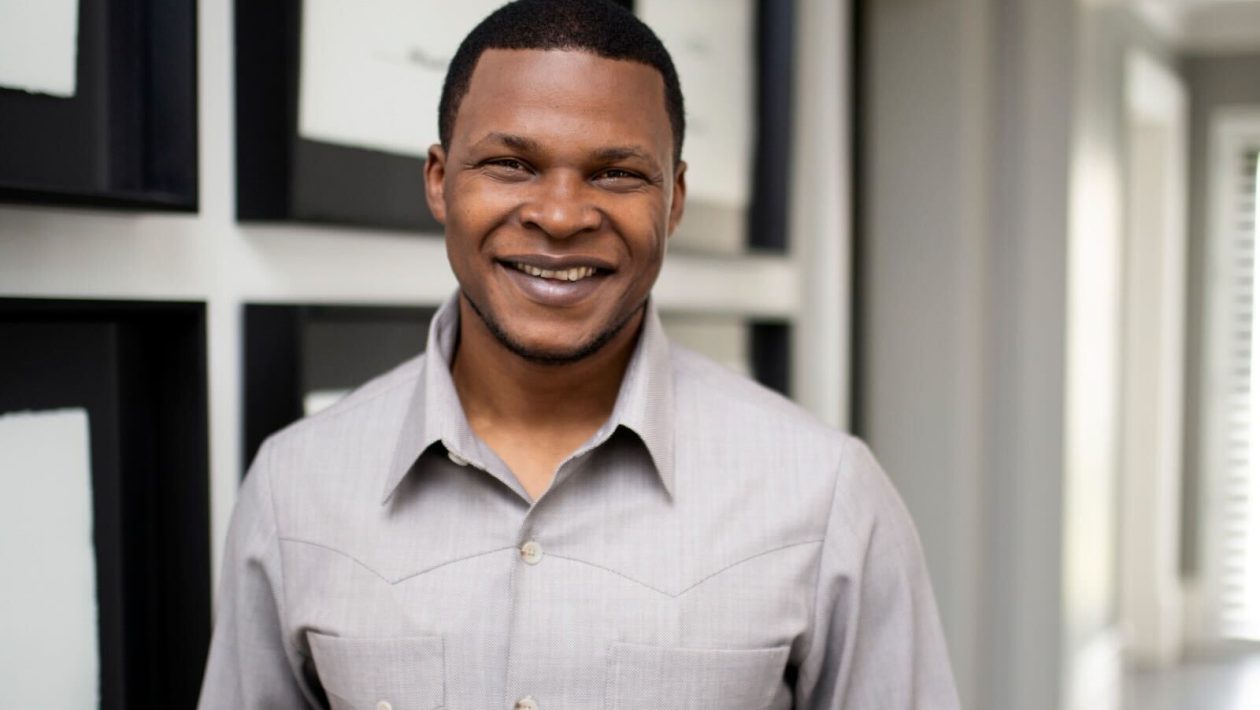In a year when experts predicted the worst for European economies, something strange happened. Things were, well, fine. Thanks in part to a mild winter, the expected contraction in store for the European Union’s biggest economies didn’t occur. The lessons policymakers can take from this extend far beyond the continent, according to NJ Ayuk, chairman of the Africa Energy Chamber and founder of the international firm Centurion Law Group.
Europe may have averted a recession in the short term, but its rescue didn’t come from well-planned policies. The people of Europe saved money because an icy winter — which would have driven up energy costs — failed to materialize. At a time when geopolitical skirmishes have raised energy prices to all-time highs and economies continue to grapple with supply chain issues and a shortage of available workers, a warm winter proved to be a savior sent at the right time.
But policymakers shouldn’t rely on Mother Nature’s interventions to be so beneficial in the future, said international energy lawyer NJ Ayuk. In fact, it may be better to believe the opposite.
“Environmental consequences are not going away anytime soon, and as we have seen over the last several years, more often than not they are going to bring with them new challenges for many people across the globe,” he said. “The cost of climate change is going to be quite high, and indeed it already is for so many. The solution to this is to consider all the ways we can use the energy we have today and plan for a future that ensures all people have access to reliable energy.”
While Europeans may be breathing a sigh of relief, many Africans are not as lucky. Although Africa sits atop vast quantities of natural resources like oil, hydrogen, and natural gas, many who call the continent home live without electricity, NJ Ayuk said.
“In Africa, there are 600 million people with no access to [electricity] of any kind. Right now is the time for action,” he explained. “We have options moving forward. We can eliminate energy poverty across the continent of Africa while, at the same time, making the global supply of energy more secure. But we have to do it the right way.”
According to Ayuk, the right way means creating a plan that helps Africa end its energy deserts and enjoy the fruits of its natural resources while baking in development strategies that fast-track efforts to move toward a transition into renewables.
“There is no reason to think that we cannot end Africa’s energy poverty by 2030,” NJ Ayuk stated. “But we cannot do this alone. We are one world and we are all connected by the environment. This is not a case where only the people and nations who continue to rely on fossil fuels will reap the consequences. Already, many across the globe are suffering because of climate change. Even in Africa, in places where people do not have the luxury of energy on demand, there are droughts, floods, and other natural phenomena that are making life more challenging because of man-made climate change.”
Currently, African nations contribute far below the average amount of greenhouse gases. The continent is responsible for less than 4% of the world’s carbon footprint, despite having a population that is closer to 16.7% of all humans on Earth.
NJ Ayuk believes there’s a way to help the people of Africa and Europe at the same time. The same investments that can provide residents of Africa with access to energy can, at the same time, be used to ship much-needed energy to Europe. This will allow the EU access to more reliable sources of energy, making the transition away from Russian-controlled fossil fuels easier to bear in the coming years.
Secondly, as more African people and nations have access to energy, their lives will improve. When people have reliable access to energy, their educational and health outcomes advance. A richer, more educated, and healthier Africa can help lead the way toward an energy transition to renewable resources, like solar and wind power.
Creating a brighter future for Africa and the rest of the world will come from both the private and public sectors, NJ Ayuk said. Governments can set energy-related goals, such as reducing carbon emissions and switching to sustainable sources of energy by certain dates, but private capital is needed to invest in African outcomes.
“We need people who believe in free enterprise to support the future of Africa,” Ayuk explained. “Investing in Africa today will pay global dividends for generations to come. We have a chance right now to put in place measures that will lift Africans out of poverty while simultaneously providing crucial energy to other nations across the globe. Now is the time for investors to make moves that will echo for years.”





